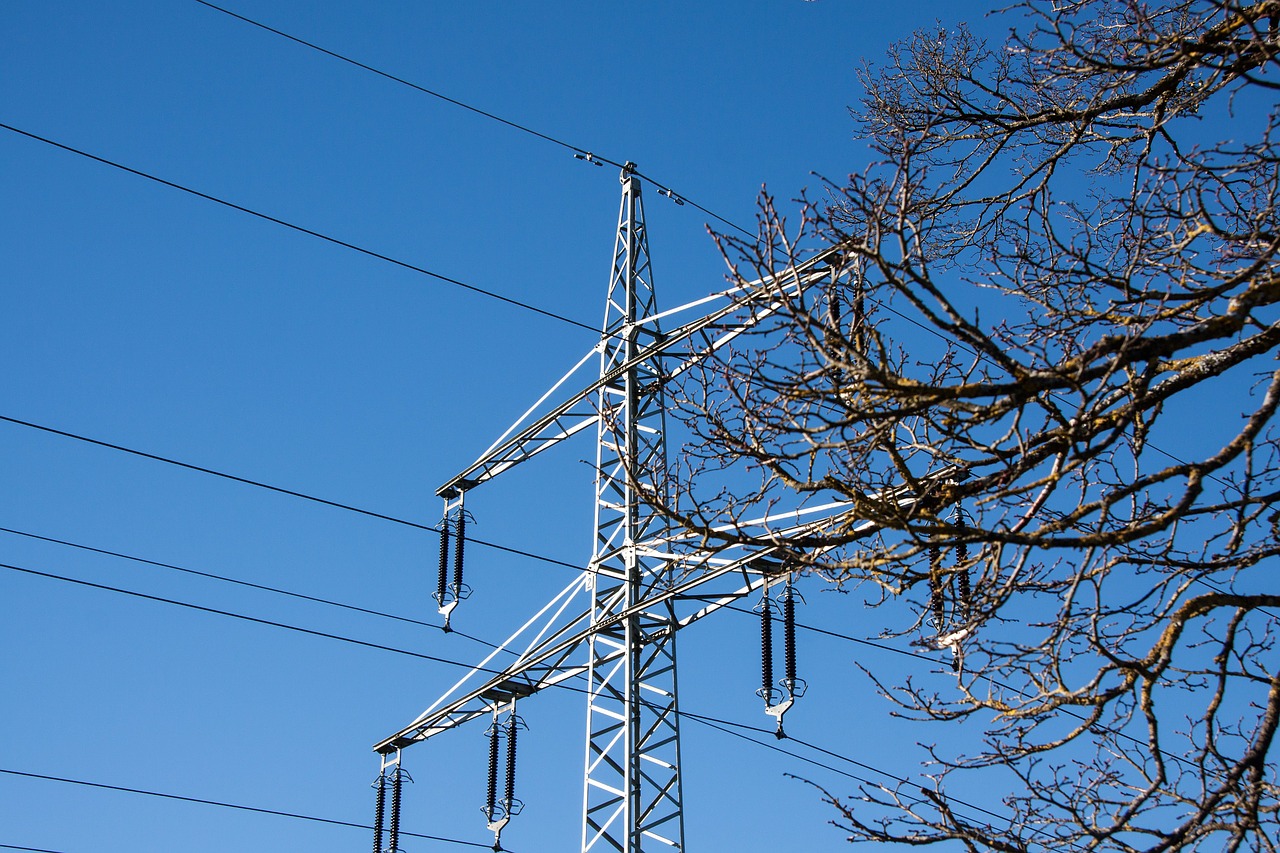
An immense amount of energy is lost in power lines and machinery every year. There is a fierce worldwide competition to find more efficient energy and electricity transport.
Bose-Einstein condensation (BEC) is a superfluid state in which atoms or particles flow without friction. The phenomenon was predicted nearly a hundred years ago by Albert Einstein and Satyendra Nath Bose. Bose-Einstein condensation was first produced from rubidium atoms in 1995 on temperatures near absolute zero. Recently its existence has been found at a much warmer temperature (still way too cold for your sandwich). The finding can open new possibilities for high-temperature superconductivity (to transport energy without loss).
Exciton condensate is similar to Bose-Einstein condensate, but it conducts energy instead with nearly zero loss. To generate both states in the same material would revolutionize many industries. Theoretically, at least, there is a condition when both beneficial states exist together. The combination of superconductivity and exciton condensates would be useful in lots of applications, such as electronics, spintronics, quantum computing. Read more: phys.org
Copyright © 2020 by Eva Deli
No comments:
Post a Comment